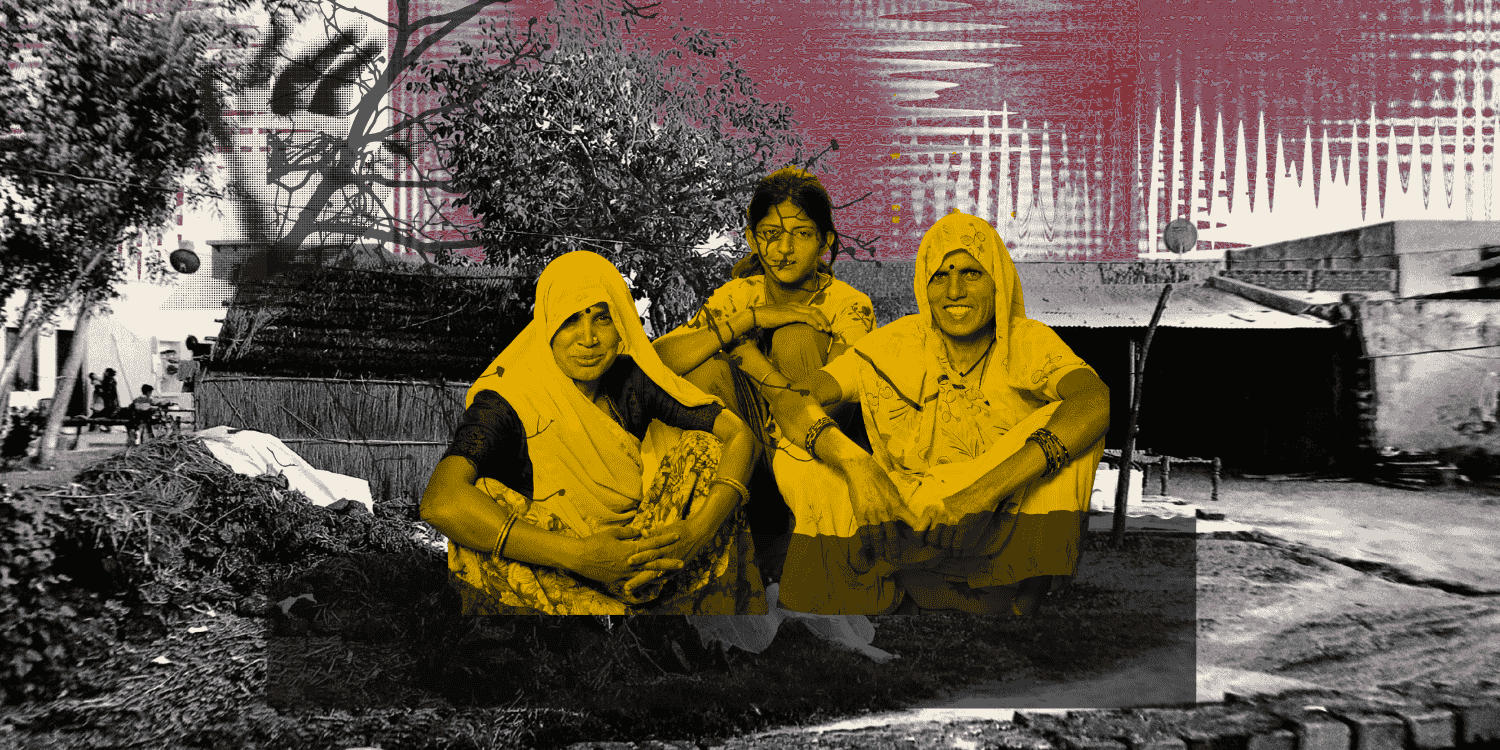INTRODUCTION
Since the 1950s, technologies aiding reproduction have increased in number, enhancing the likelihood of conception and bringing pregnancies to term. Assisted Reproductive Technologies [ARTs] offer a variety of techniques ranging from intrauterine insemination [IUI] to in-vitro fertilisation and embryo transfer [IVF-ET] that treat the inability to conceive and facilitate fertilisation. In the last three decades, ART facilities have emerged all across India. In addition to the domestic demand for infertility treatment services (mostly unregulated) offered by ART clinics, a significant portion of their services are availed by overseas clients primarily due to relatively lower costs.
This paper seeks to highlight the ethical concerns of sex selection via PGD and the risk it poses to India’s already skewed sex ratio. PGD can be used to decide the sex of the baby preemptively. In a country where preference for a male child is normative, it is essential to look at the impact of an unregulated sex selection tool on society. The following sections attempt to explain the impact of sex selection via PGD on sex ratio, reasons behind preference for a male child, existing laws to tackle the problem, and what more can be done to address the issue.




